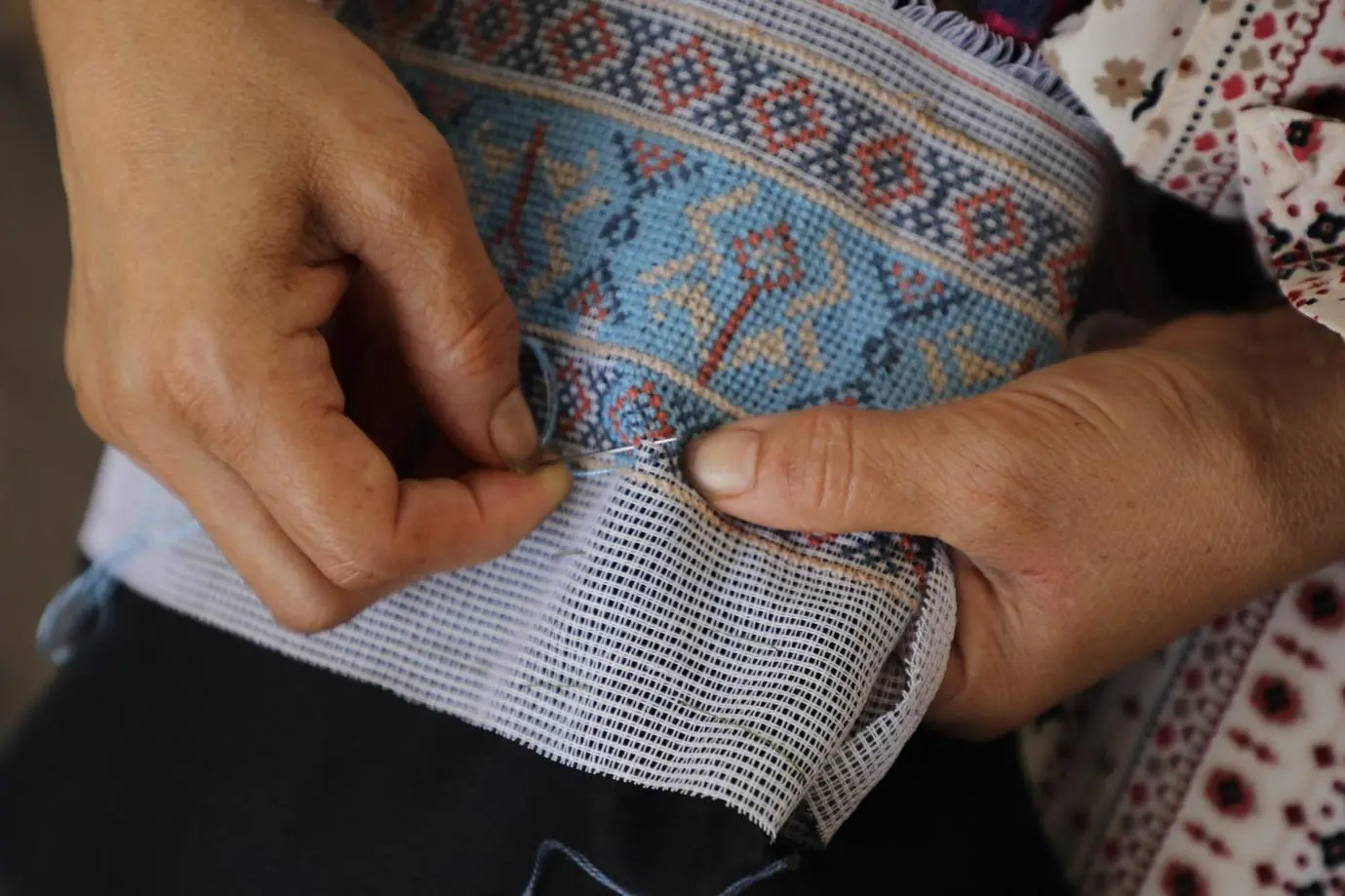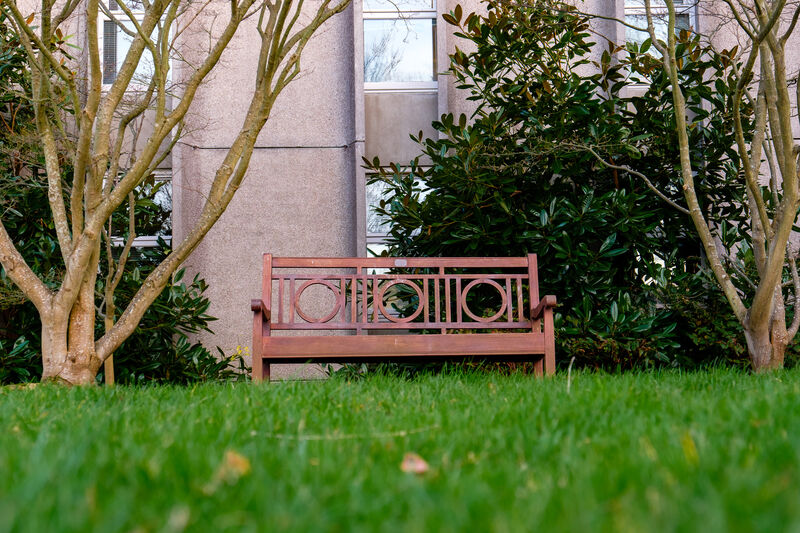Kent is delighted that PhD scholar, Basma Taysir El Doukhi, and her social enterprise, Roouh, have been selected as one of the 30 winners of the 2025 Visa Everywhere Pioneers awards for Europe. This award celebrates the remarkable achievements of female refugee entrepreneurs across Europe.
Roouh, a social enterprise co-founded by Basma in 2023, sources hand-made products stitched by skilled Palestinian refugee women who are living in the twelve Palestinian camps across Lebanon. In doing so, it provides a platform for these women to showcase their art and tell their stories through selling their goods in the UK and globally.

Basma, originally from Palestine herself, told us what inspired her to start ROOUH: ‘Roouh came about because I was committed and determined to use art and embroidery as a powerful bridge between empathy and action—giving Palestinian refugee women not just income, but dignity and a voice. By sharing their stories and showcasing their artistry, it empowers them to reclaim identity and hope in their protracted displacement, while inspiring others to see beauty and strength in their resistance.’
Basma leads the enterprise alongside her work with the British Red Cross supporting and managing community resilience projects in the UK. She is also a Rebecca Dykes Chevening scholar, and Global Challenges Doctoral Centre scholarship awardee studying a PhD with Kent’s School of Social Sciences which is examining how members of Syrian and Afghan associations resist externally imposed identities, and re-narrate their experiences in ways that reclaim agency, complexity, and plurality.
Talking about her work, Basma said: ‘As someone who has experienced statelessness and displacement, I have transformed personal hardship into purposeful action. Through Roouh, I’ve worked to create safe, creative, and participatory spaces that challenge stereotypes and centre voices that are often silenced. Our work blends art, storytelling, community dialogue, and feminist practice to not only address trauma and social isolation, but also to amplify leadership, cultural resistance, and joy. I have mentored young refugee women and supported their journeys in becoming confident advocates for themselves and their communities.’
The award committee commended Basma’s innovation and impact as a business leader, saying: ‘We are thrilled to be supporting her on the next stage of her entrepreneurial journey. We celebrate her entrepreneurial skills, creativity, innovation and leadership skills, which are driving positive impact on a local, regional and national scale.’










